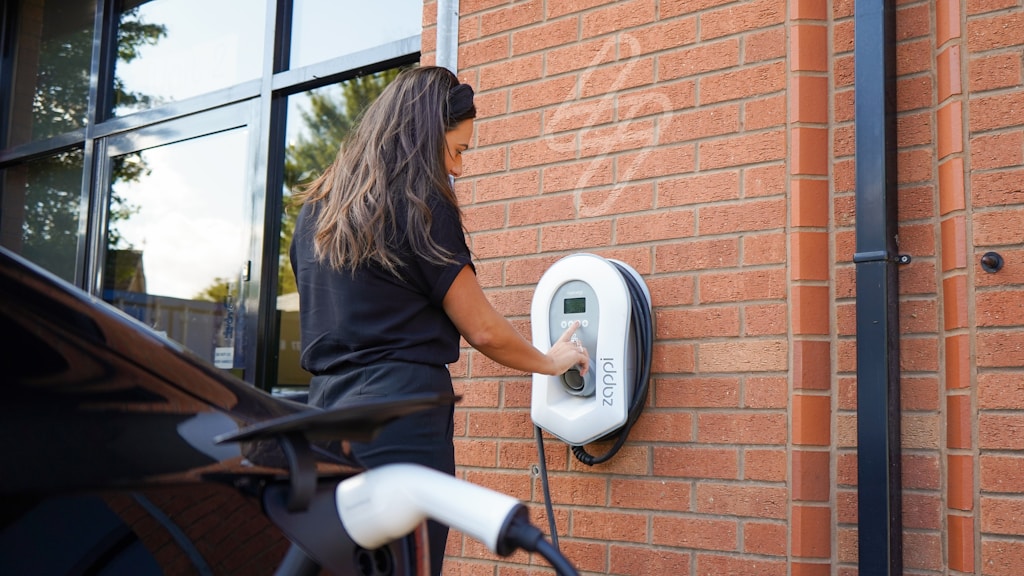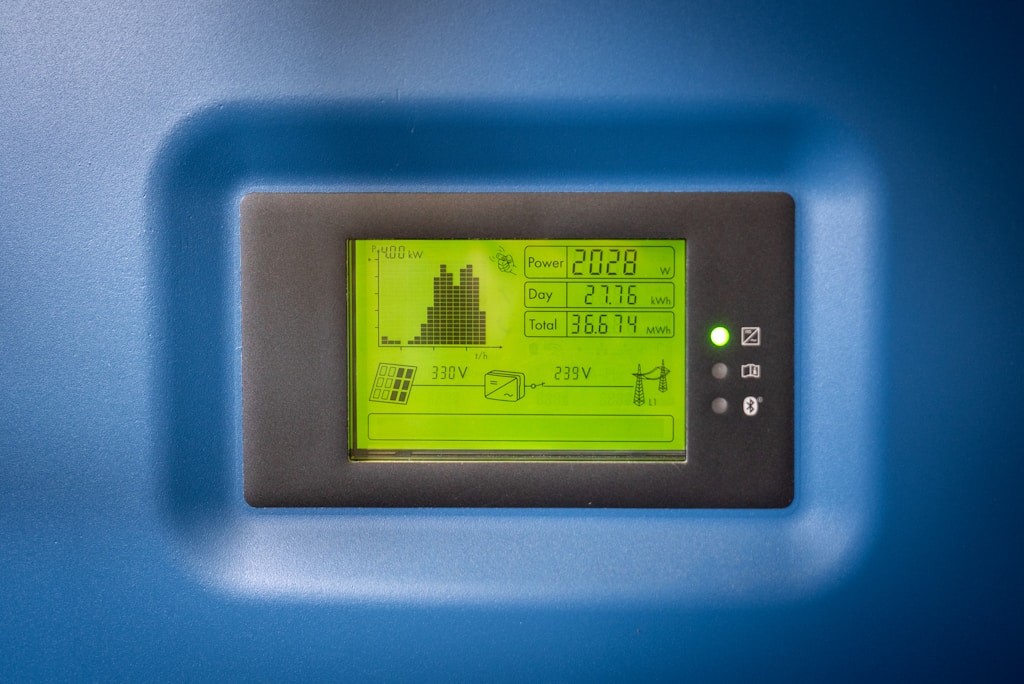Across the UK, the great ‘return to office’ is taking place. Sustainable office buildings are once again becoming hubs of activity and city centres are thriving as old routines kick back in.
However, for many, there is one big difference. Today’s workforce is now working in a far more flexible manner, with the home office and remote working still very much in play.
Sustainable Office
For employers, this presents a unique situation when it comes to facilities-related management. With often unknown occupancy levels that can’t always be planned for, the facilities team have an opportunity to think differently about how to create a more energy-efficient workplace. The goal? Creating less waste, using less energy and supporting the health and wellbeing of the workforce.
One of the biggest impacts that can be made is in encouraging energy-efficient behaviours.

Organisational Change to Sustainability
Organisationally, this could include using less power-hungry equipment, having sensor-based lighting and keeping a close eye on heating or air-conditioning requirements. Employees can get involved too, thinking about when equipment is left on standby versus powered down fully and making sure smart choices are made around doors and windows being left open. As well as reducing energy bills, this can help lower carbon emissions. It’s small steps, but the impact can be significant.
In 2018, the business sector was responsible for 18% of the UK’s carbon emissions. By understanding the parts of your business that have an environmental impact, such as fleet or operations, and then quantifying this, it becomes simpler to report and monitor the improvements you’re making.

Energy Advice for Homeworkers and Sustainable Home Offices
As a responsible employer with a flexible workforce, you can also work with your employees to offer energy efficiency advice for those working from home. This can help your workforce make better and more sustainable choices without impacting their ability to work flexibly.
Creating a sustainable workplace is about more than low energy use and a recycling policy. It’s about creating a strategy that supports a reduced environmental impact across your entire organisation and then delivering on this to show demonstrable improvements. It matters to employees and it matters for the environment.

Energy Saving Return to the Office
The Return to Office window will pass and society will settle into new routines and habits. This is a point in time when employers can make a real difference. To talk about how RFM can help you have a more sustainable conversation and create change in your workplace, contact us today.



















